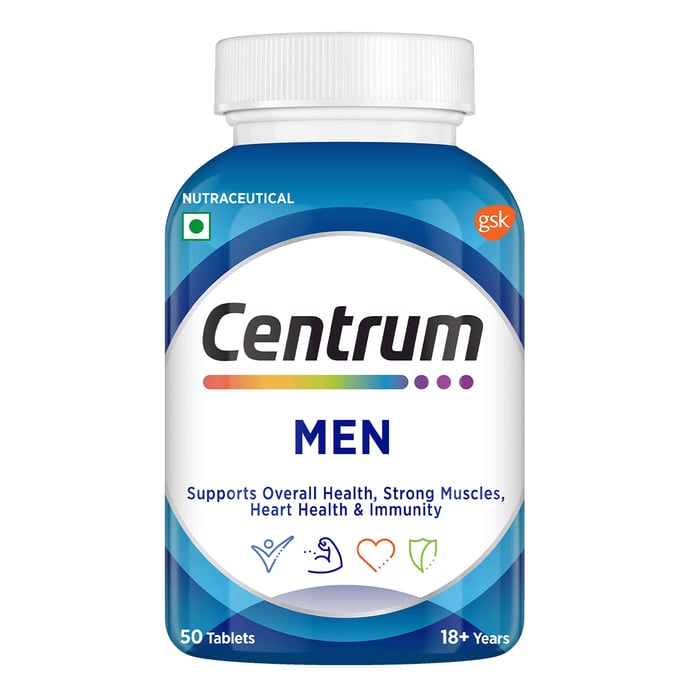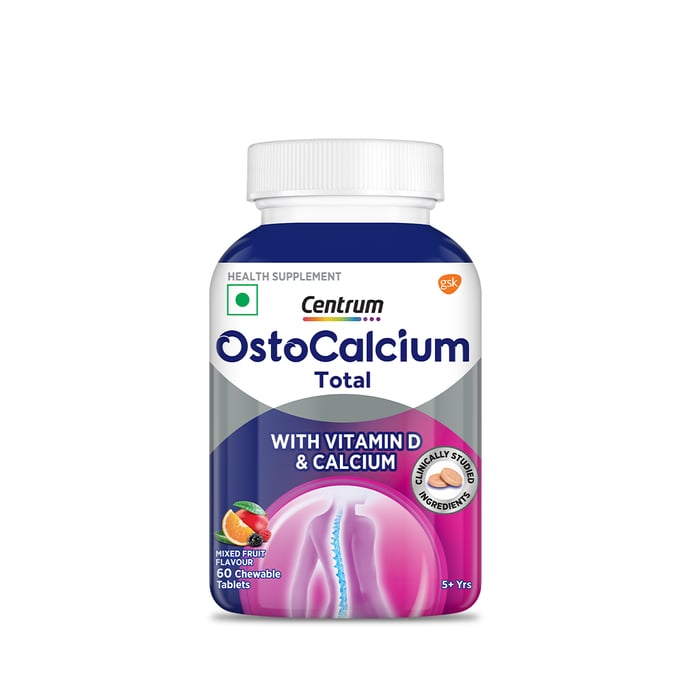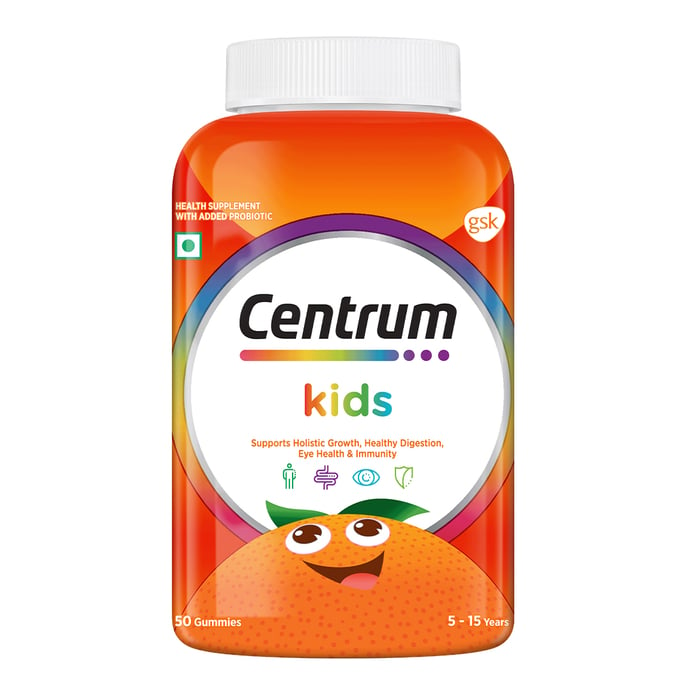
Vitamin E
5 MIN READ | March 19, 2024
A complex vitamin that protects the heart and eyes
What is Vitamin E?
Vitamin E mainly functions in the body as an antioxidant, which helps prevent damage caused by free radicals—rogue forms of oxygen that wreak havoc with the fats found in the outer layer, or membrane, of all cells.
As nutrients go, Vitamin E is more complex than most: there are actually eight forms of Vitamin E found naturally in foods, each with a different level of biological activity in the body. However, alpha-tocopherol is the only form that is known to meet the body’s requirement for Vitamin E, and it is the form on which the recommended dietary allowance (RDA) is based.
Why is Vitamin E Important?
Vitamin E supports heart health by preventing the oxidation of low-density lipoproteins (LDL, or “bad” cholesterol) by free radicals in the arteries. It also can prevent the oxidation of the fatty portion of the cell membranes in the lens of your eye. Vitamin E also plays a role in immune function.
7.5- 10mg tocopherol/day
Recommended Dietary Allowance
Also Read: What is Vitamin D? Importance & Sources
Also Read: What is Vitamin C? Importance & Sources
Sources of Vitamin E
- Sunflower Seeds
- Wheat Germ Oil
- Almonds
Show References :
1. Office of Dietary Supplements - Vitamin E. National Institute of Health.
https://ods.od.nih.gov/factsheets/VitaminE-Consumer/
2. Vitamin E. The Nutrition Source, Harvard T.H. Chan School of Public Health.
Recommended Articles
Frequently Bought Products
Centrum Women 50 Tablets
A mindfully crafted multivitamin for women age 18+
Centrum Men 50 Tablets
Contains 23 essential nutrients that support the active lifestyle of men age 18+
Centrum OstoCalcium Total Chewable 60 Tablets
Daily nutritional chewable tablets that provide RDA of calcium & vitamin D
Centrum Adults Age 50+ (50 Tablets)
Daily Multivitamin to help meet the nutritional needs of adults aged 50+, with 23 essential nutrients
Centrum Kids 50 Gummies
Multivitamin support holistic growth of kids
Centrum Omega-3 Fish Oil 60 Capsules
Fish Oil offers multiple benefits to support your body’s needs









